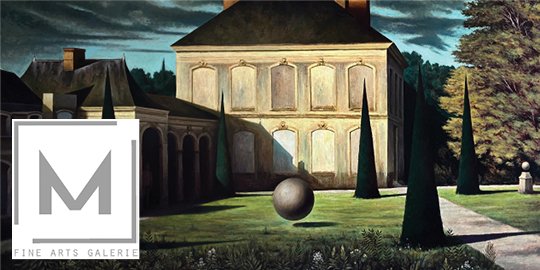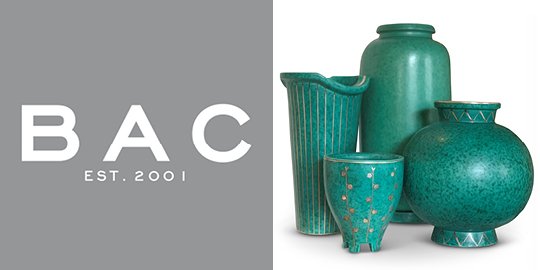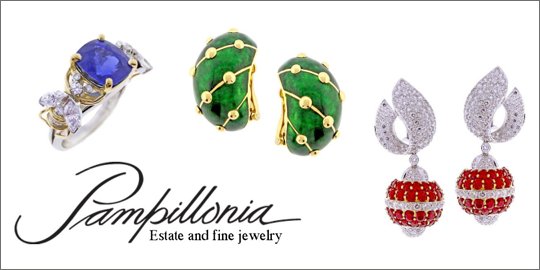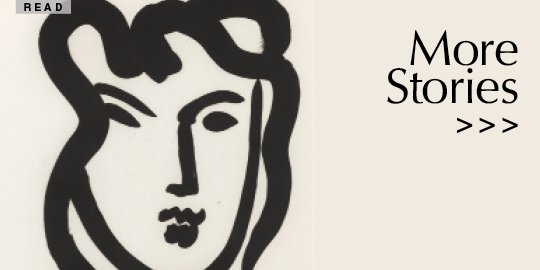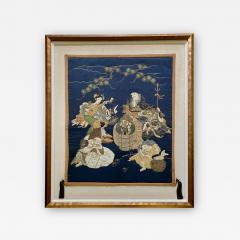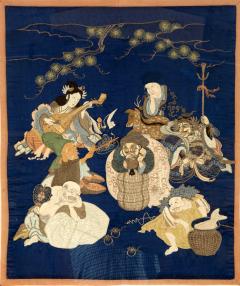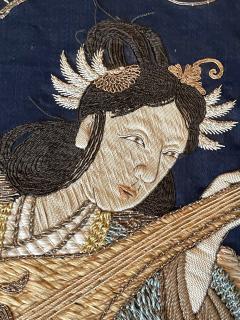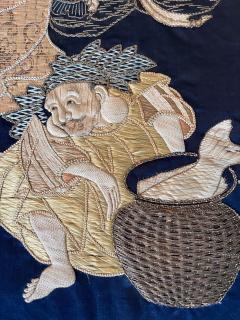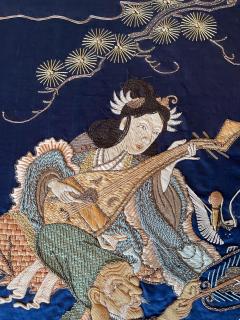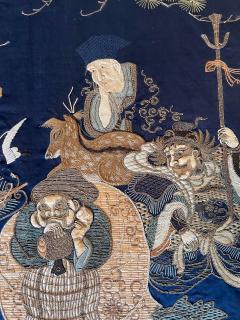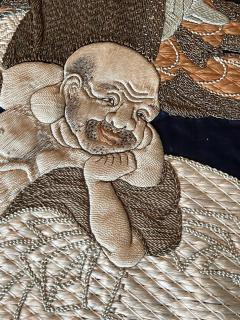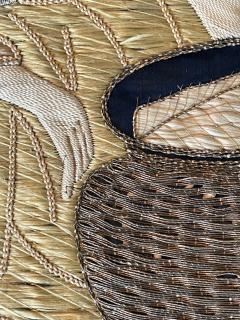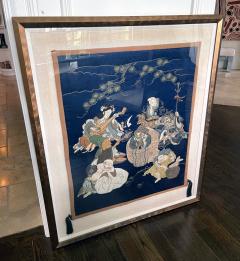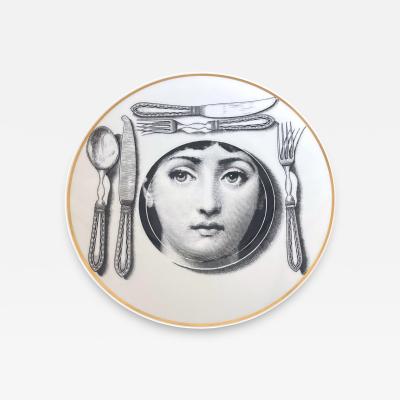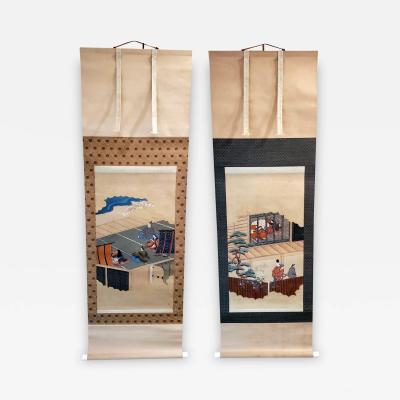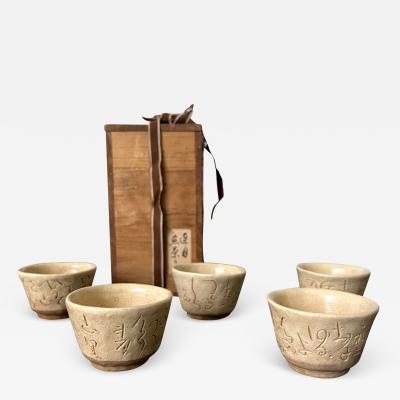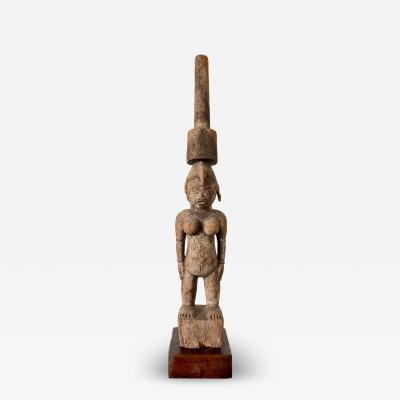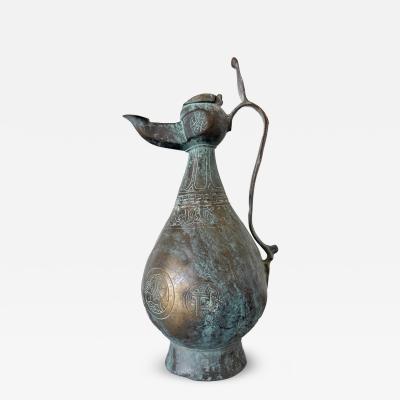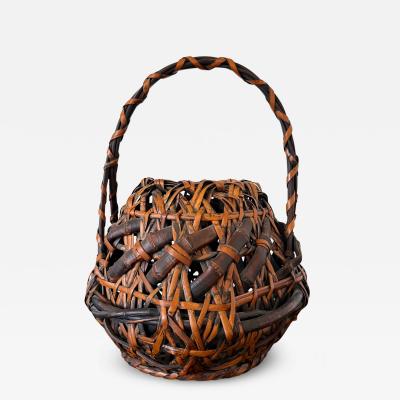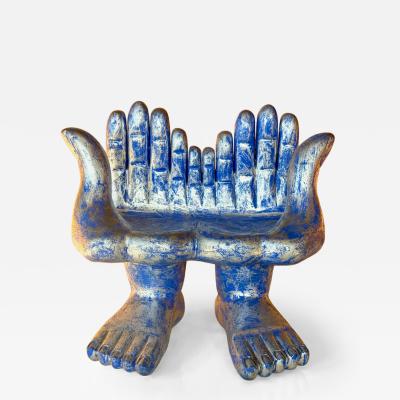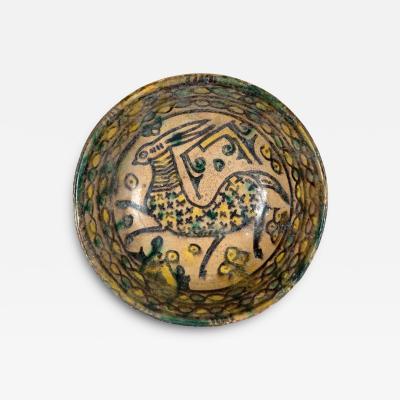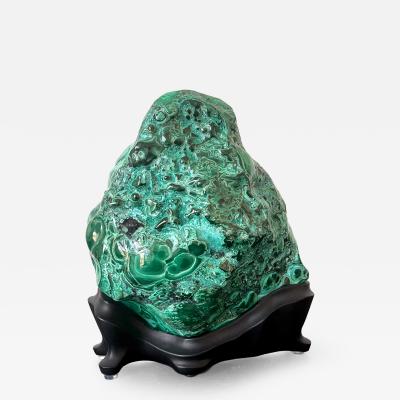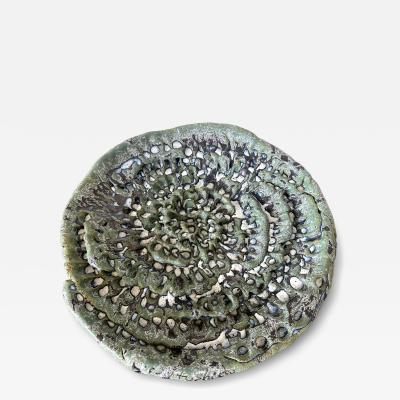-
FINE ART
-
FURNITURE & LIGHTING
-
NEW + CUSTOM
- FEATURED BESPOKE MAKERS
- Stephen Antonson
- Pieter Adam
- Nader Gammas
- Eben Blaney
- Silvio Mondino Studio
- Neal Aronowitz
- Mark Brazier-Jones
- Proisy Studio
- Ovature Studios
- Cartwright New York
- Thomas Pheasant Studio
- Lorin Silverman
- Chapter & Verse
- Reda Amalou
- KGBL
- AL Design Aymeric Lefort
- Atelier Purcell
- Pfeifer Studio
- Susan Fanfa Design
-
DECORATIVE ARTS
- JEWELRY
-
INTERIORS
- FEATURED PROJECTS
- East Shore, Seattle by Kylee Shintaffer Design
- Apartment in Claudio Coello, Madrid by L.A. Studio Interiorismo
- The Apthorp by 2Michaels
- Houston Mid-Century by Jamie Bush + Co.
- Sag Harbor by David Scott
- Park Avenue Aerie by William McIntosh Design
- Sculptural Modern by Kendell Wilkinson Design
- Noho Loft by Frampton Co
- Greenwich, CT by Mark Cunningham Inc
- West End Avenue by Mendelson Group
- VIEW ALL INTERIOR DESIGNERS
- INTERIOR DESIGN BOOKS YOU NEED TO KNOW
- Distinctly American: Houses and Interiors by Hendricks Churchill and A Mood, A Thought, A Feeling: Interiors by Young Huh
- Robert Stilin: New Work, The Refined Home: Sheldon Harte and Inside Palm Springs
- Torrey: Private Spaces: Great American Design and Marshall Watson’s Defining Elegance
- Ashe Leandro: Architecture + Interiors, David Kleinberg: Interiors, and The Living Room from The Design Leadership Network
- Cullman & Kravis: Interiors, Nicole Hollis: Artistry of Home, and Michael S. Smith, Classic by Design
- New books by Alyssa Kapito, Rees Roberts + Partners, Gil Schafer, and Bunny Williams: Life in the Garden
- Peter Pennoyer Architects: City | Country and Jed Johnson: Opulent Restraint
- An Adventurous Life: Global Interiors by Tom Stringer
- VIEW ALL INTERIOR DESIGN BOOKS
-
MAGAZINE
- FEATURED ARTICLES
- Northern Lights: Lighting the Scandinavian Way
- Milo Baughman: The Father of California Modern
- A Chandelier of Rare Provenance
- The Evergreen Allure of Gustavian Style
- Every Picture Tells a Story: Fine Art Photography
- Vive La France: Mid-Century French Design
- The Timeless Elegance of Barovier & Toso
- Paavo Tynell: The Art of Radical Simplicity
- The Magic of Mid-Century American Design
- Max Ingrand: The Power of Light and Control
- The Maverick Genius of Philip & Kelvin LaVerne
- 10 Pioneers of Modern Scandinavian Design
- The Untamed Genius of Paul Evans
- Pablo Picasso’s Enduring Legacy
- Karl Springer: Maximalist Minimalism
- All Articles
Showrooms
Framed Antique Japanese Embroidery Fukusa Panel
$ 4,500
-
Tear Sheet Print
- BoardAdd to Board
-
-
Description
A Japanese Fukusa Panel with tassels displayed in a gilt frame circa Meiji Period. Fukusa is a traditional Japanese textile art used as a wrap for presenting gifts at important occasions. On the deep blue background, the elaborate embroidery work depicts Shichifukujin (Seven Gods of Fortune in Japanese mythology) under a pine tree. First mentioned as a collective in the year 1420, the origin of Shichifukujin is rooted as ancient gods of fortune from various religions Japan. From Mahayana Buddhism came Benzaiten, Bishamonten and Daikokuten; From Chinese Taoism came Fukurokuju, Hotei and Jurojin; The only one who has a native Japanese ancestry is Ebisu. With time, they all developed into the patron gods of various professions and trades in Japanese society.
The embroidery work on this large Fukusa is impressive in its details and a wide range of techniques when viewed in details. The panel itself is 26" x 31" without tassels. -
More Information
Origin: Japan Period: 1900-1919 Materials: silk and wood frame Condition: Good. Fine condition, very minor loose strands of threads, minor discoloration on the mat, top two tassels missing. Frame with only minor wear. Creation Date: early 20th century Styles / Movements: Asian, Traditional Patterns: Asian/Oriental, Handmade Incollect Reference #: 474441 -
Dimensions
W. 37 in; H. 43 in; D. 1 in; W. 93.98 cm; H. 109.22 cm; D. 2.54 cm;
Message from Seller:
Tishu, based in Atlanta, GA, offers a diverse collection ranging from Neolithic art to 20th-century collectibles, with a focus on Mid-century design, Japanese and Korean art, Asian textiles, and Contemporary Aboriginal art. Driven by a passion for timeless beauty, the gallery is open by appointment only and offers works that span 5,000 years of history. Reach them at 305-400-0561 or tishu@tishugallery.com.
Sign In To View Price
close
You must Sign In to your account to view the price. If you don’t have an account, please Create an Account below.
More Listings from Tishu View all 1106 listings
No Listings to show.
- Ceramic Julia Dinner Plate by Fornasetti for Rosenthal
- Large Pair Japanese Satsuma Ceramic Vases Kozan Meiji Period
- Two Antique Japanese Hanging Scroll Paintings
- Set of Five Ceramic Tea Cups by Otagaki Rengetsu
- African Senufo Divination Statue from Cote d'Ivoire
- Medieval Islamic Bronze Ewer with Incised Motifs Seljuk Empire
- Fine Ceramic Tea Bowl with Brilliant Glaze by Toshiko Takaezu
- Antique Japanese Smoked Bamboo Basket Ikebana Mingei
- Brilliant Clog-Form Ceramic Tea Bowl by Toshiko Takaezu
- Rare Joined Hand and Foot Surrealism Sculpture by Pedro Friedeberg
- Islamic Buff Ware Slip Paint Ceramic Bowl with Animate Design Nishapur
- Natural Malachite Rock on Display Stand as Chinese Scholar Stone
- Indian Antique Carved Marble Ganesh Statue
- Large Japanese Contemporary Stoneware Glazed Plate by Satoru Hoshino


